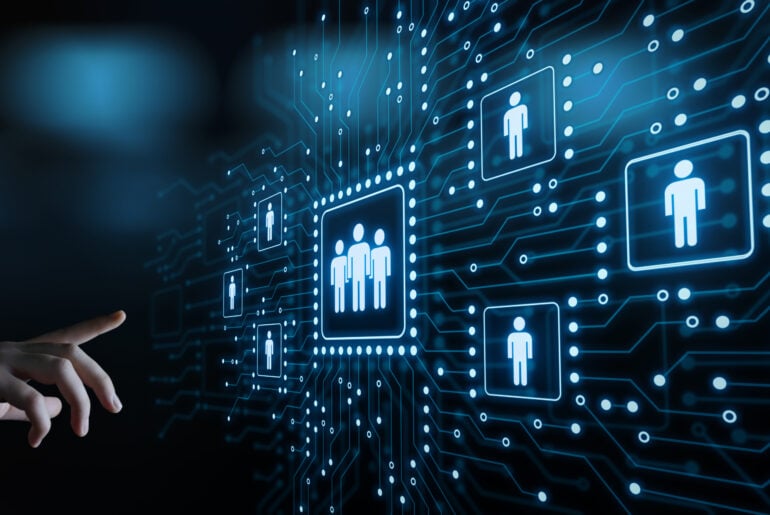New York may soon restrict employers and employment agencies from using fully-automated decision making tools to screen job candidates or make other employment decisions that impact the compensation, benefits, work schedule, performance evaluations, or other terms of employment of employees or independent contractors. Draft Senate Bill 7623, introduced August 4, aims to limit the use of such tools and requires human oversight of certain final decisions regarding hiring, promotion, termination, disciplinary, or compensation decisions. Senate Bill…
We’ve set out our top ten tips on ensuring GDPR compliance if your organisation is procuring AI solutions from third parties. These tips are based on the issues which we see are attracting regulatory scrutiny in practice, the potential stumbling blocks we’re coming across in supplier terms, as well as the ICO’s AI guidance. This guidance has quickly gained a reputation as some of the most impressive and comprehensive guidance on AI and data protection…
AI is all the rage right now, especially generative AI, which generates user content (text, photos, audio, and video) based only on prompts. Some contend that generative AI’s ‘prompt’ model has sparked a technological revolution, so it’s not surprising that a slew of companies want to be a part of it. However, generative AI tools are only as good as the data they are fed as their models are trained, using a repository of existing data, to…
On June 14 2023, the European Parliament voted to adopt its negotiating position on the Artificial Intelligence (AI) Act. This is the latest development in a series of moves made by EU institutions and lawmakers towards a harmonised framework of regulation for AI. These moves come in the wake of the European Commission’s 2021 Proposal for a Regulation on AI. In a press conference subsequent to the vote, co-rapporteurs Brando Benifei (S&D, Italy) and Dragos…
The proposed EU AI Act cleared an important hurdle last week, following the approval of the negotiating draft by MEPs on 14 June. The trilogue will now get underway – this is the three-way discussion between the European Parliament, Commission and Council – and we set out below some key takeaways from the recent vote. The Act could in theory be adopted in early 2024 and in force by 2026. If negotiations go smoothly (and…
Neurotechnology (Neurotech) is a type of technology that takes data directly from the brain and nervous system. The acclaimed sci-fi anthology series ‘Black Mirror’ does a great job of showing the capabilities of this technology. In a particular episode (‘the entire history of you’), you would see the characters being able to record, review and replay all of their past memories in real time using a memory chip device that interacts with the brain. Although…
Artificial Intelligence (AI) regulation has increasingly been on the lips of several lawmakers, with the European Commission (EC) taking a lead part in the advancement of AI-specific laws by proposing harmonised rules on artificial intelligence (the AI Act) and modifying certain Union laws. But while the EU is pressing ahead to develop bespoke laws to govern AI, the UK still seems to be taking its somewhat restrained approach by leaving AI regulation to the existing…
From a legal and policy perspective, the rapid rise of transformative innovation places stress on existing legal and privacy frameworks. New interpretations will certainly be needed, but legislators, regulators and policymakers may believe that there is a need to rush to act quickly to adopt entirely new and potentially prescriptive laws, regulations and policies.
EU AI Act: Top 10 Changes in the Latest Draft At the end of last week, two European Parliament Committees published the latest version of the EU AI Act. The new draft reflects months of political wrangling, but it also demonstrates that EU legislators have listened to the (many) criticisms levied at the EU AI Act until now. So what’s new? We’ve set our top ten changes: Higher penalties: If you thought the previous proposal…
In Brief Recent developments in AI technologies have led to the increased use of AI to create a range of concepts, developments, research, and even lines of software code, in response to human inputs. This has resulted in an uptick of patent applications filed with the U.S. Patent and Trademark Office (the “USPTO”) seeking patents with varying degrees of contributions from AI tools. This calls into question whether, and to what extent, inventions involving contributions…







